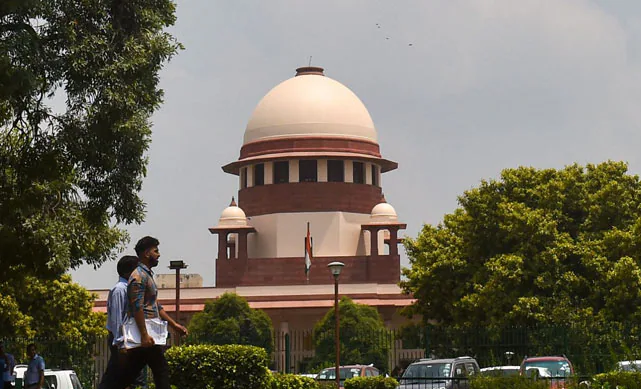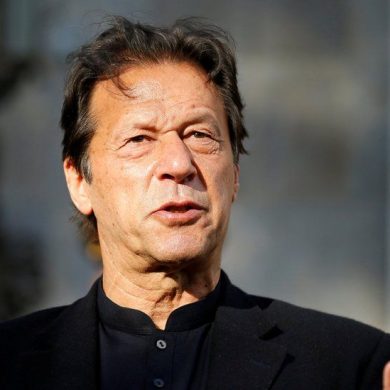The Supreme Court of India has established a five-member bench to address petitions challenging the revocation of occupied Kashmir’s special status, according to Indian media reports. In 2019, the ruling Bharatiya Janata Party (BJP) repealed Article 370 of the constitution, which granted occupied Kashmir its special status. The move allowed individuals from other parts of the country to acquire property and settle permanently in the region.
Critics of India’s Hindu nationalist-led government, along with Kashmiris and international organizations, deemed the action an attempt to alter the demographic balance of Muslim-majority Kashmir with Hindu settlers.
On July 11, the Supreme Court is scheduled to hear nearly 23 petitions challenging the central government’s decision to abrogate Article 370, which granted special status to Jammu and Kashmir.
The hearing will be conducted by a five-judge bench led by Chief Justice of India Dhananjaya Yeshwant Chandrachud, along with Justices Sanjay Kishan Kaul, Sanjiv Khanna, BR Gavai, and Surya Kant. It is noteworthy that the court’s consideration of these pleas comes almost four years after the reconstitution of the erstwhile state of Jammu and Kashmir into the two Union Territories of J&K and Ladakh on August 5, 2019.
The petitions challenge the Presidential Orders issued on August 5–6, 2019, as well as The Jammu and Kashmir Reorganisation Act, 2019. The Supreme Court’s notification confirmed the composition of the five-member bench, which includes the Chief Justice of India and four other justices. The August 5 order, titled Constitution (Application to Jammu and Kashmir) Order, 2019, was enacted under Article 370(1)(d) of the Constitution, superseding the 1954 Presidential Order that introduced Article 35A. The latter granted the state of J&K the power to define permanent residents and enact special laws for them.
According to The Hindustan Times, over 20 petitions were filed questioning the constitutional validity of the Indian government’s decision to abrogate Article 370 in August 2019. The report stated that the petitioners claimed constitutional provisions were violated during the decision-making process.
Former chief ministers of occupied Kashmir, Omar Abdullah and Mehbooba Mufti, welcomed the development. Abdullah expressed anticipation for the hearings to commence earnestly, while Mufti hoped for justice to be upheld and delivered to the people of Jammu and Kashmir.
Altaf Thakur, BJP spokesperson for occupied Kashmir, stated that Article 370 had been legally removed by the Indian parliament and suggested that those wanting to pursue the matter in court were free to do so. He added, “But, Article 370 is already dead… The dead cannot be brought back.”



